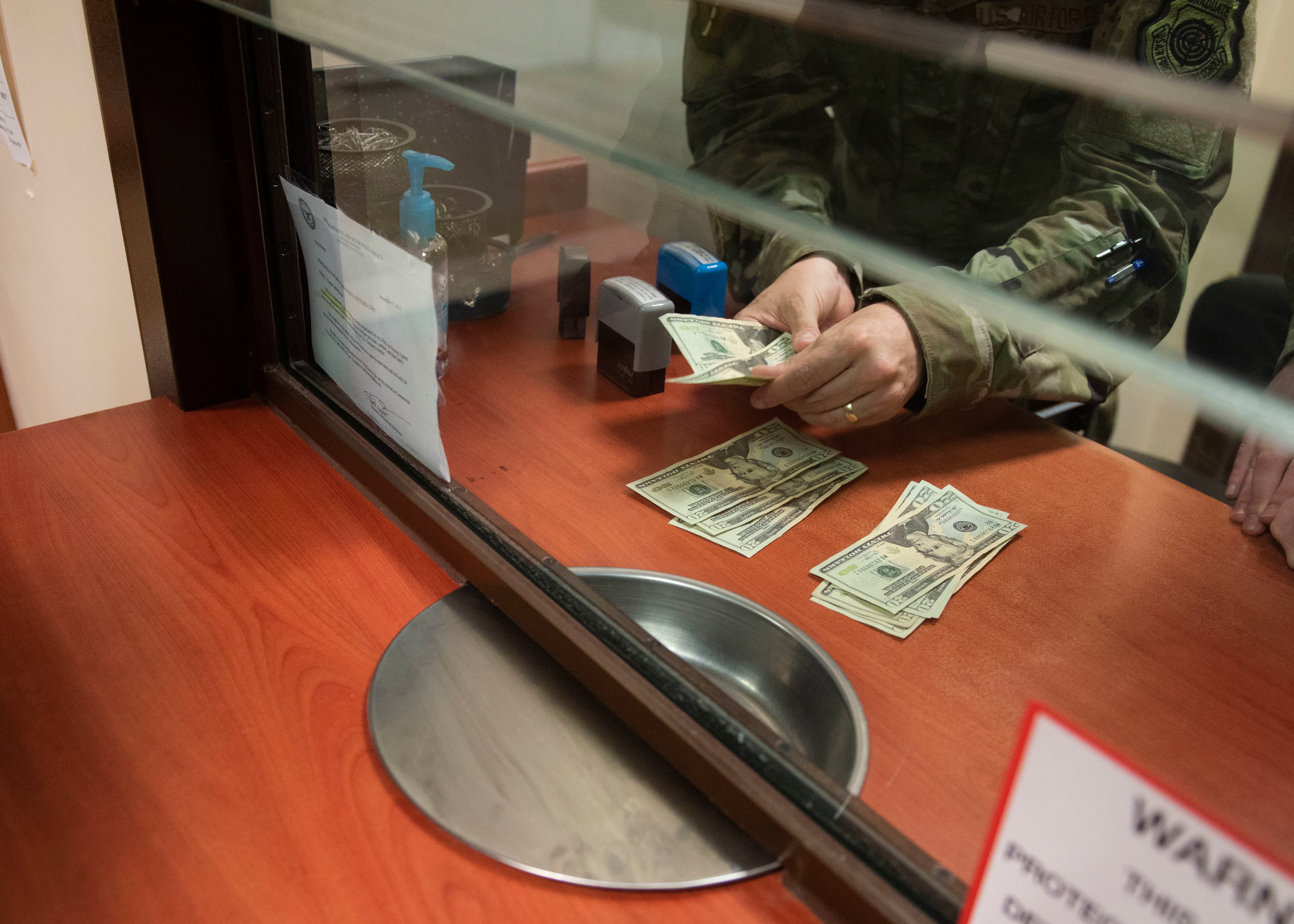Defense Department planners aren’t yet considering targeted pay boosts for junior service members despite interest from lawmakers in providing more financial help for young military families, the head of a House panel on military quality of life issues said Thursday.
Members of the House Armed Services Committee’s special Quality of Life Panel met this week with Pentagon leaders conducting the Quadrennial Review of Military Compensation, a periodic review of troops’ pay and benefits. Work from that group is expected to be completed in late January 2025.
But Rep. Don Bacon, R-Neb., who chairs the special panel, said he expected Congress to act on the issue of military pay improvements well before then, and expressed concern that Defense Department officials aren’t pushing for quicker improvements to junior troops’ pay, especially in the enlisted ranks.
“They paint a rosy picture, and it doesn’t align with the reality we’re seeing among military families,” he said. “When you go out to the field, you have people going to food banks, and having a hard time paying rent. But the Defense Department keeps telling us that the pay is all right.”
RELATED

House Republicans have already advanced legislation this year to give junior enlisted troops a significant pay boost, guaranteeing that even the lowest-ranking service members make at least $31,000.
But that plan is connected to a GOP defense funding plan laden with other controversial topics, including limits on abortion access for troops, elimination of military health care for transgender individuals and financial penalties for senior Defense Department officials who have run afoul of Republican lawmakers.
The White House has come out against both the overall budget plan and the specific pay hikes for junior enlisted personnel, calling the move premature given the ongoing compensation review.
Bacon said his panel has requested an interim report from the review board in order to start acting on additional pay proposals early next year, during the annual defense authorization bill mark-up process. Defense officials told lawmakers they will provide some discussion points by the end of this year.
“We’ve got to try something,” Bacon said. “We have a recruiting problem, and I think we have a retention problem, too. But [military planners] keep telling us they don’t think it’s because of pay.”
The House panel has held a series of meetings with military families, outside advocates and Pentagon planners since the start of the summer in an effort to better understand potential financial concerns and challenges for service members.
In a statement earlier this week, Rep. Chrissy Houlahan, D-Pa., and the top Democratic lawmaker on the panel, said the pay issue will continue to be a top focus of the group’s work in coming months.
“Right now, our country is experiencing record low unemployment, a subsequently competitive job market, changing workforce and higher education landscapes, and more — all factors that must be part of the conversation around military pay and quality of life,” she said.
Troops are scheduled to receive a 5.2% pay raise in January, the largest annual boost in 22 years.
For enlisted service members ranked E-4 with three years in service, that raise would mean about $1,700 more next year in take-home pay compared to their 2023 paychecks. For senior enlisted and junior officers, the hike equals about $3,000 more. For an O-4 with 12 years of service, it would mean more than $5,400 in extra pay in 2024.
Leo covers Congress, Veterans Affairs and the White House for Military Times. He has covered Washington, D.C. since 2004, focusing on military personnel and veterans policies. His work has earned numerous honors, including a 2009 Polk award, a 2010 National Headliner Award, the IAVA Leadership in Journalism award and the VFW News Media award.





